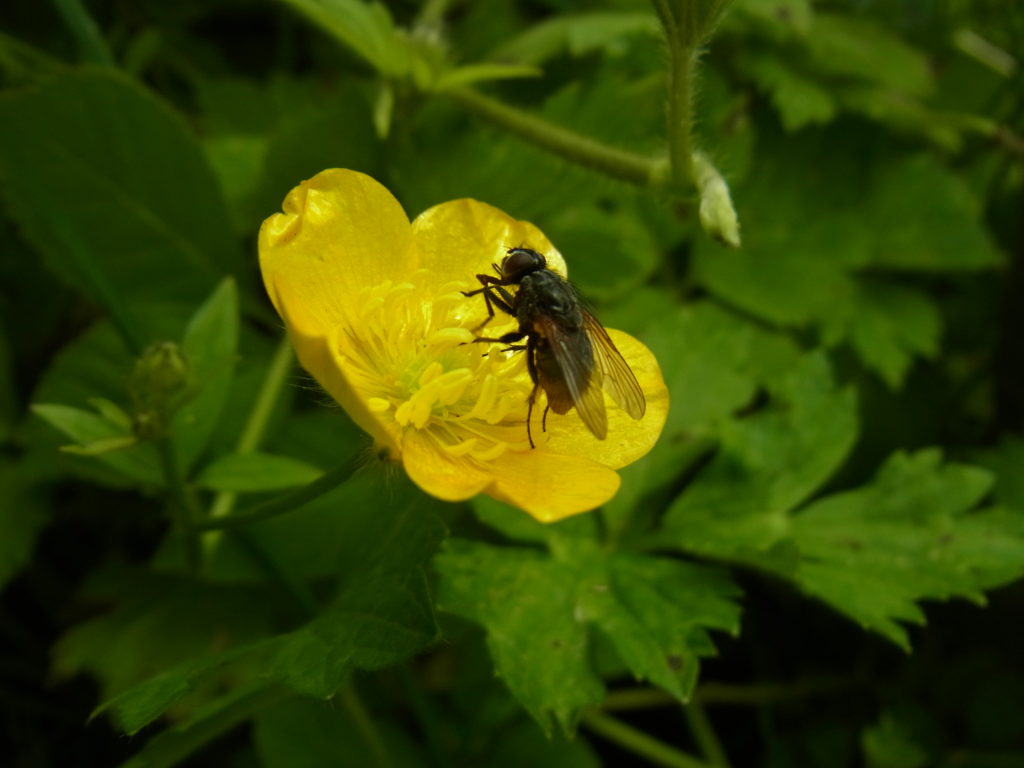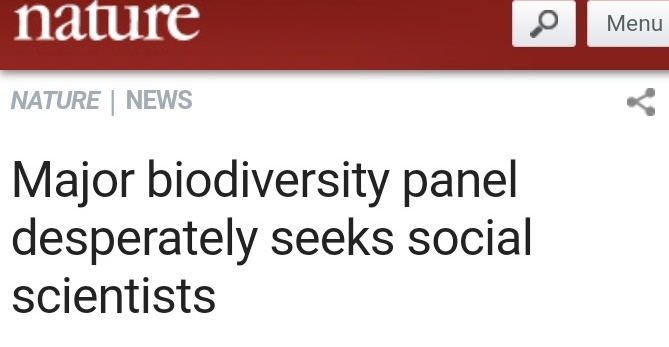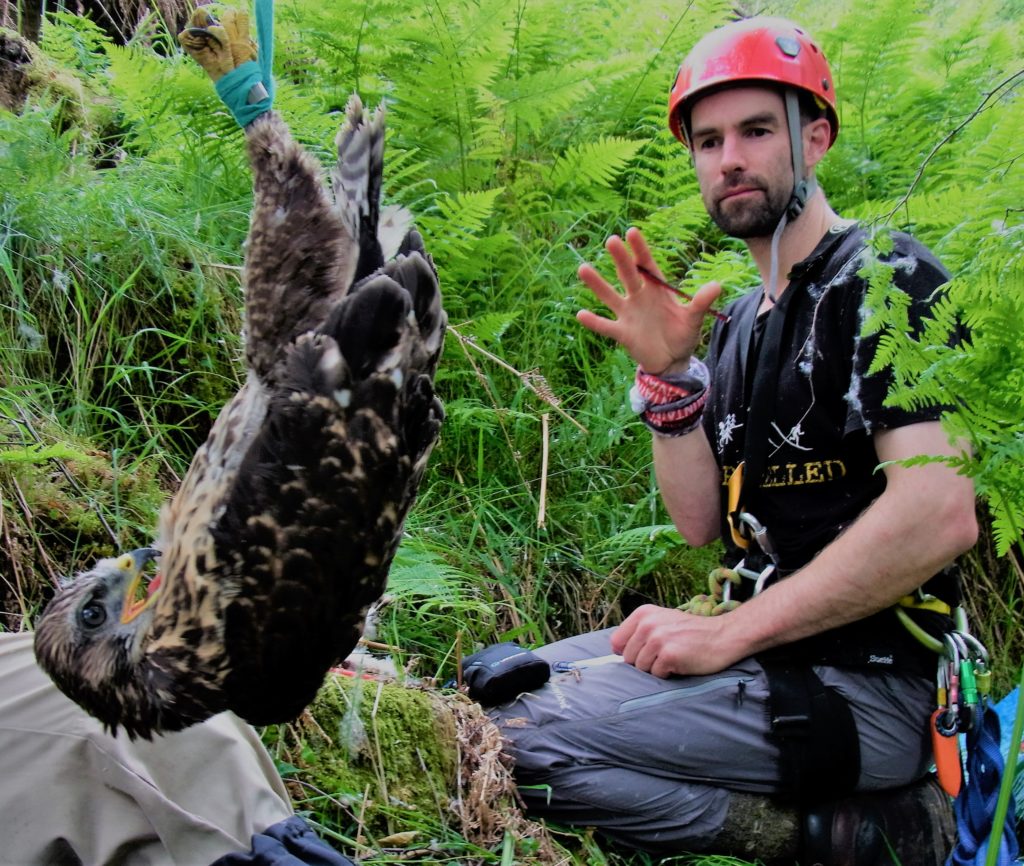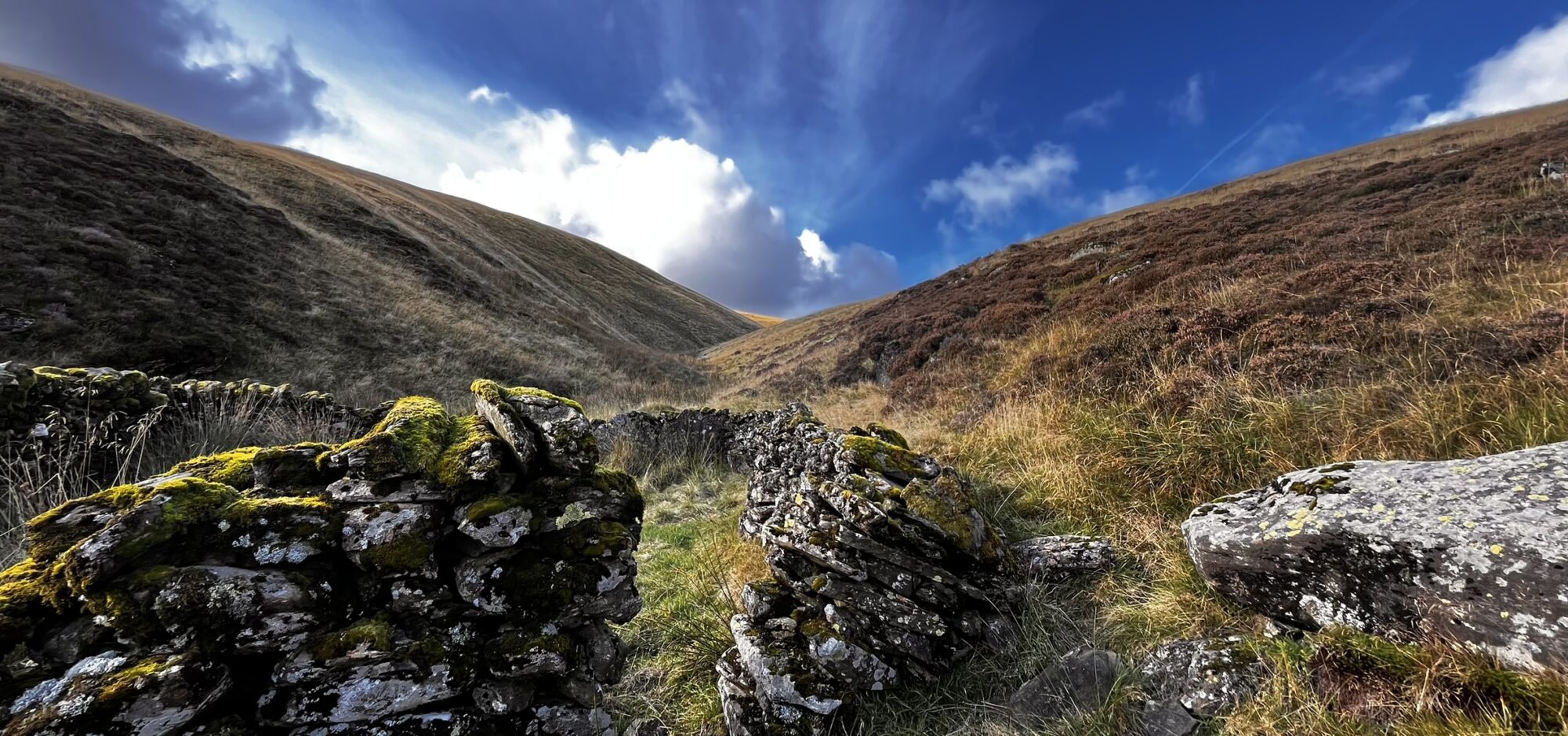The amount of science out there is staggering. Some of it dense. Hidden behind paywalls. Lots of it fascinating. Sometimes hard to replicate. Much of it uncertain. Often unread. So that’s why I set up a Rural Science page.

There’s quite a smorgasbord of science on the page. Ecological is everyone’s fav. Obviously. Works best on wide screen TV, Twitter and rightly so. As it engages the widest audience. Yet the one we often require are the social sciences to help gain traction with more than just one audience.
Especially if we want it to stick where it really matters. On the ground, in the field, at sea level, in a shopper’s mind, across a farmer’s table. Not just another academia citation tailing in tiny script. (Sorry, my scientist friends).
Public benefit, public interest, public goods. There’s always more room for stories, narratives, opinions, thought pieces – hopefully to aid ‘honest broker’ understanding of complexity, over advocating a single-issue campaign.

A farmland scientist at a large wildlife conservation organisation once told me: “We should be researching stuff which land managers want us to research”. This is key at a time when a new era of land management is unfolding. Around farming, land use, health, diets, trees, carbon and much more, as a major land use goes through a transition.
“Whenever a theory appears to you as the only possible one, take this as a sign that you have neither understood the theory nor the problem which it was intended to solve.”
Karl Popper
Evidence is important, but perception matters. ‘Ecologically’ evidence-based stuff too often failing to engage practitioners because we’ve failed to inform the ‘social’ perceptions. Often unsaid, not in books; who says it, counts.
Flitting between science conferences, telecons off-record, and land meetings, face to face works hands-down. Asking questions (unpopular, contrary to “this is the most voted’ Zoom popular question”), providing a point of view, teasing out a quiet voice. Playing devil’s advocate – hardly flavour of the day in a partisan world.

But that’s the point of my Rural Science research page. It’s not about popularity, simplistic graphics, an easy piece in The Conversation on Listen to experts. Or an even easier to digest gatekeeper‘s frame.
It’s about unfettered access to sate curiosity and provoke adaptive thinking on complex, uncertain stuff.
ps This page from the Wild Trout Trust is brilliant stuff for farmers re buffers to protect watercourses

